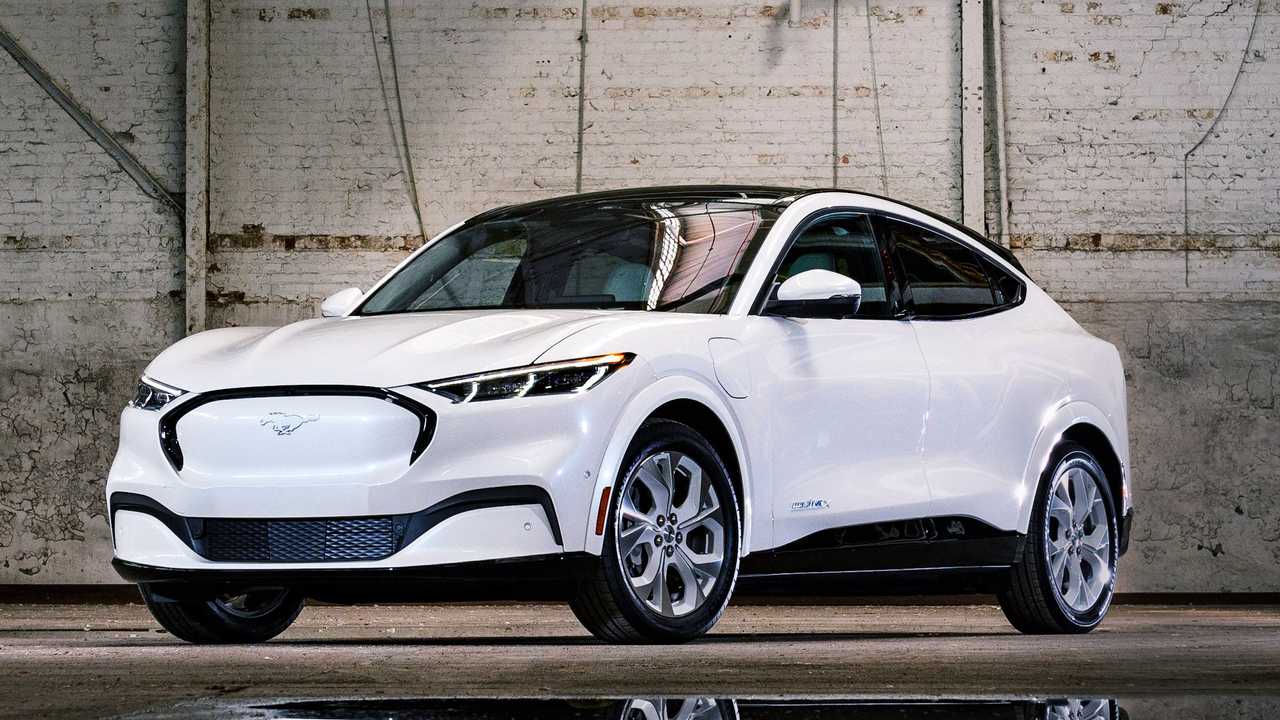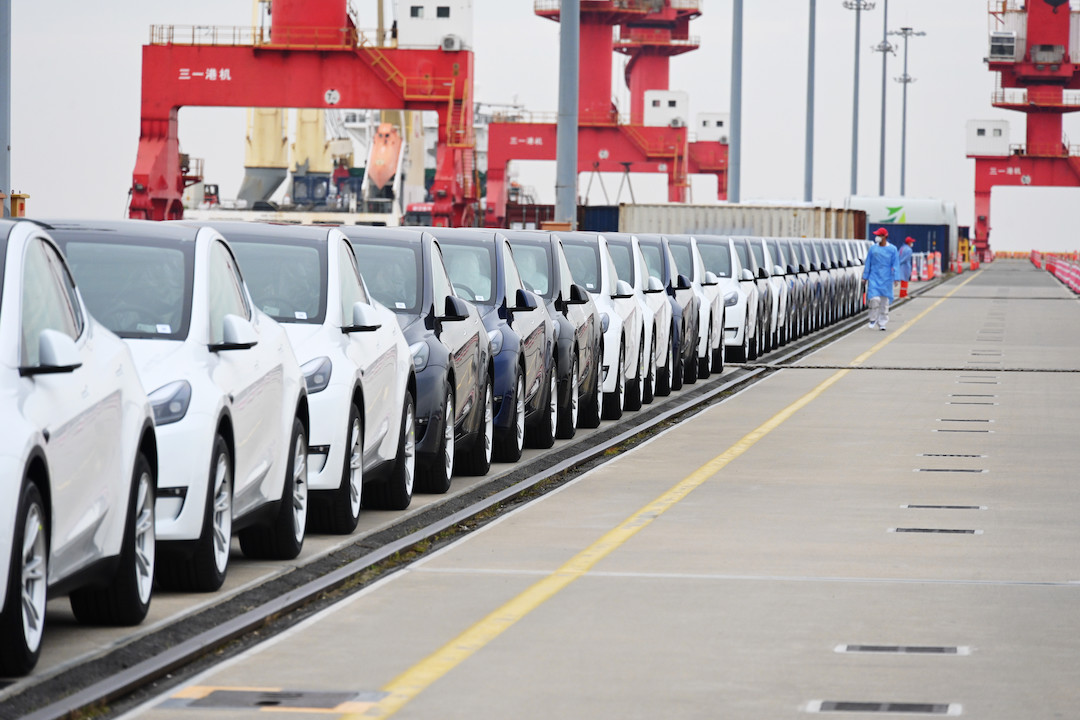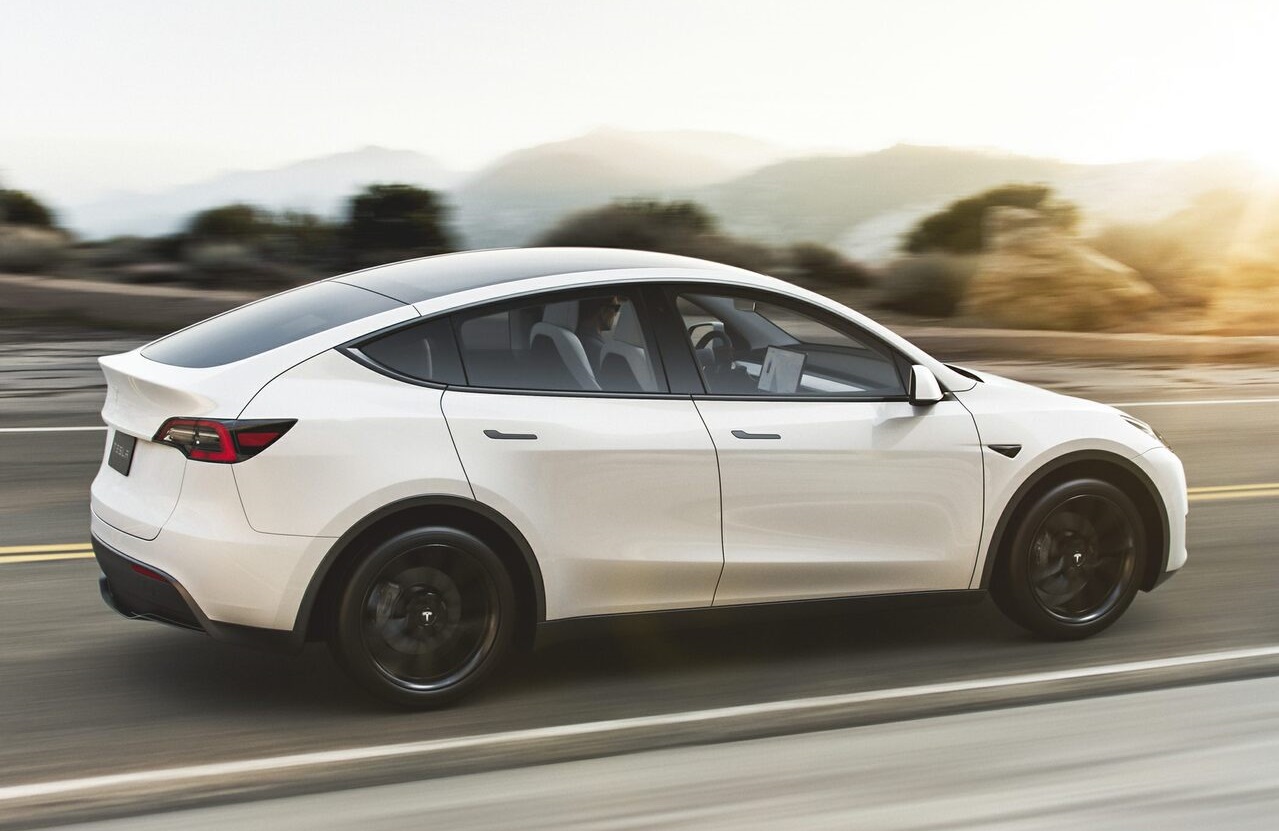In a strategic move to tap into the burgeoning realm of new-energy passenger vehicles and adapt to shifting market dynamics, Changan Ford Motor, a joint venture between Ford Motor Co and Changan Automobile, has unveiled plans to establish a new joint venture with state-owned Chongqing Changan Automobile. This development was revealed in an official document released by China’s market regulator on Friday.
The forthcoming joint venture will see Changan Ford Motor holding a controlling 60% stake, while Chongqing Changan Automobile will hold the remaining 40% stake. This arrangement represents a noteworthy shift, as Chongqing Changan Automobile’s ownership in the new venture will exceed the 50% threshold, signaling an evolving landscape in this partnership.
See also: Audi Announces Transition to All-Electric Models by 2026, Only Selling BEVs by 2033
At the heart of this joint venture’s mission is the ambition to actively participate in the “supply business of mainstream brand new energy passenger vehicles and the distribution business of Ford brand models that Changan Ford has invested in,” as detailed in the official statement. Furthermore, Ford has communicated that the new venture will not only focus on new-energy vehicles but also encompass the sale of Ford-brand gas-powered vehicles.
Ford’s decision to establish this joint venture underscores its dedication to staying abreast of the swiftly evolving trends in electrification and automotive intelligence. “The joint venture is a strategic response to the evolving landscape of electrification and intelligence in the auto industry,” a Ford spokesperson explained. This move aligns with CEO Jim Farley’s overarching strategy, which emphasizes leveraging the strengths of the company’s Chinese partners to drive growth.
In light of recent market challenges and shifting consumer preferences, the collaboration between Changan Ford Motor and Chongqing Changan Automobile is set to bring about a strategic realignment in Ford’s operations in China. Addressing concerns about this move affecting Ford’s presence in the Chinese market, Ford’s spokesperson, Anderson Chan, clarified that this initiative is in line with the company’s larger strategy and its commitment to working closely with local partners.
See also: Jidu Auto aims to deliver 800,000 of its “robot” cars in 2028
While specific details are expected to be disclosed in due course, Ford’s CEO, Jim Farley, hinted at the potential for increased utilization of local partners’ vehicle platforms in select segments. Notably, this is set to exclude pickups and large SUVs, as mentioned during the company’s recent earnings conference call.
Recent market data from the China Association of Automobile Manufacturers revealed a 12.6% decline in sales of Ford vehicles with Changan in the first half of the year compared to the same period last year. This decline, coupled with the broader context of industry-wide price cuts initiated by more than 40 brands, including Tesla, reflects the competitive landscape as manufacturers vie for market share in the world’s largest auto market. As consumer demand experiences a downturn, the repercussions are being felt across the industry.







